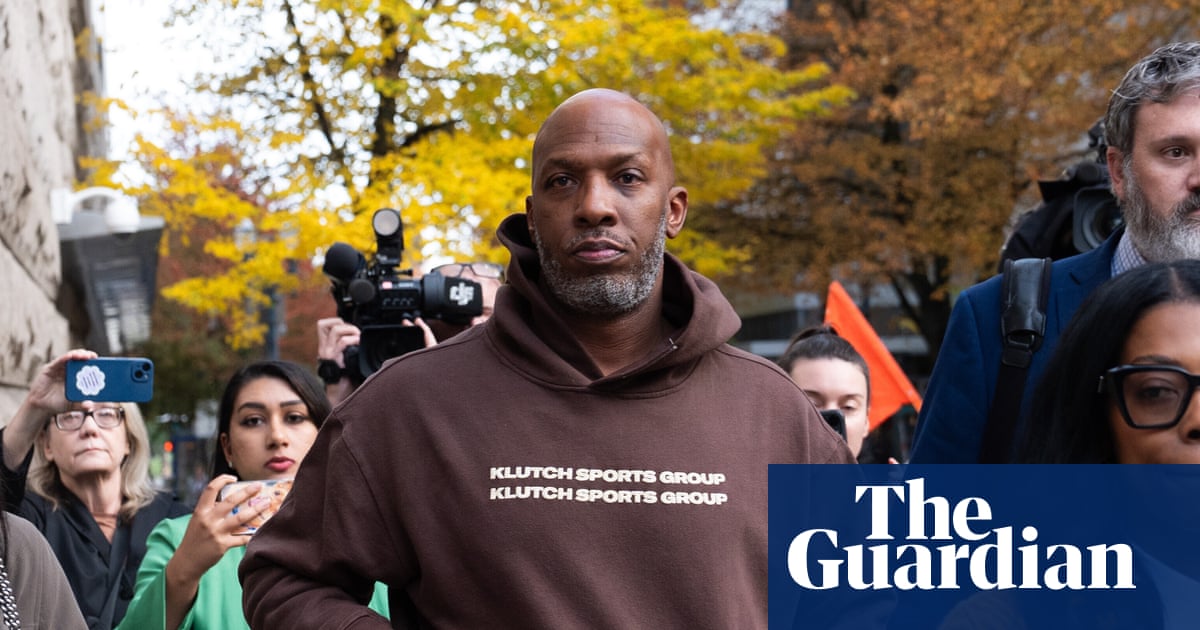In what has quickly become the most significant sports corruption scandal of the year, two sweeping federal indictments have exposed a deep web of gambling-related criminal activity involving prominent figures in the National Basketball Association (NBA). The scandal not only implicates well-known players and coaches but also shines a harsh light on the growing entanglement between professional sports and the multibillion-dollar legalized gambling industry in the United States—a relationship that has now crossed the line from profitable synergy into outright criminality.
The indictments, unsealed in a Brooklyn federal court on a recent Thursday, charged more than 30 individuals, including Miami Heat guard Terry Rozier, Portland Trail Blazers head coach Chauncey Billups, and former NBA player and assistant coach Damon Jones. Prosecutors allege that these insiders collaborated with organized crime figures to exploit confidential player information and manipulate gambling outcomes, transforming inside knowledge and rigged card games into lucrative operations for mafia affiliates.
Dubbed Operation Nothing But Bet and Operation Royal Flush by federal authorities, the investigations paint a sprawling picture reminiscent of a crime thriller. According to the Department of Justice, the defendants operated a complex network involving bookies, players, coaches, and mob families such as the Gambino, Genovese, and Bonanno organizations. They allegedly used private, non-public player data to place bets on highly specific “prop bets”—wagers on precise in-game events, like the number of assists a player might record or whether they would make their first three-point attempt. Simultaneously, the indictments reveal that underground poker games were rigged using sophisticated cheating technology including X-ray-equipped tables, manipulated shuffling machines, and wireless signals that allowed players to see opponents’ cards.
Central to the allegations is the misuse of insider information. Prosecutors claim that Damon Jones leaked injury updates about unnamed NBA stars before such information was made public, enabling bettors to gain an unfair advantage. Terry Rozier, meanwhile, is accused of exploiting knowledge about his own playing status. In one striking example, Rozier reportedly informed a friend before a March 23, 2023, game against the New Orleans Pelicans that he planned to exit the game early citing a “supposed injury.” He played fewer than 10 minutes before leaving with what was officially described as a foot problem. This advance tip-off was used to place profitable bets on the “under” for his total points and rebounds, resulting in significant illicit gains. While Rozier’s annual salary exceeds $26 million, the financial windfall from the scheme was directed to organized crime networks rather than the player himself, prosecutors allege.
The second indictment focuses heavily on Billups and his alleged involvement in orchestrating cheating at high-stakes underground poker games held in Manhattan, Las Vegas, and the Hamptons. Billups was described by prosecutors as a “Face Card”—a term borrowed from card parlance signifying a well-known figure used to lure wealthy gamblers into illicit games. At one 2019 poker session in Las Vegas, organizers reportedly instructed Billups to deliberately lose because he had won too many improbable hands, raising suspicions. Authorities estimate that this illegal gambling operation generated over $7 million in profits over six years. Billups’s legal team vehemently denies the accusations, calling the claims “ludicrous” and asserting that their client would never jeopardize his clean reputation for a card game.
FBI Director Kash Patel characterized the scandal as a “criminal enterprise that envelops both the NBA and La Cosa Nostra,” with tens of millions of dollars in illicit proceeds. Prosecutor Joseph Nocella described it as “one of the most brazen sports-corruption schemes” since the legalization of online sports betting in the US. The timing and symbolism of the revelations were stark: as Patel spoke in Washington, ESPN’s morning show Get Up aired a segment on the arrests with a promotional banner for ESPN Bet—an in-house sportsbook launched just last year—scrolling beneath anchor Mike Greenberg. The ticker was quickly pulled mid-broadcast, but the juxtaposition was seen by many as emblematic of the complicated relationship between media, sports, and gambling interests.
The rise of legalized sports betting has been heralded as a new frontier for fan engagement since the US Supreme Court struck down the Professional and Amateur Sports Protection Act (PASPA) in 2018. Since then, wagering has exploded from being a niche Vegas activity to a nationwide phenomenon, with fans able to bet on nearly every in-game event

